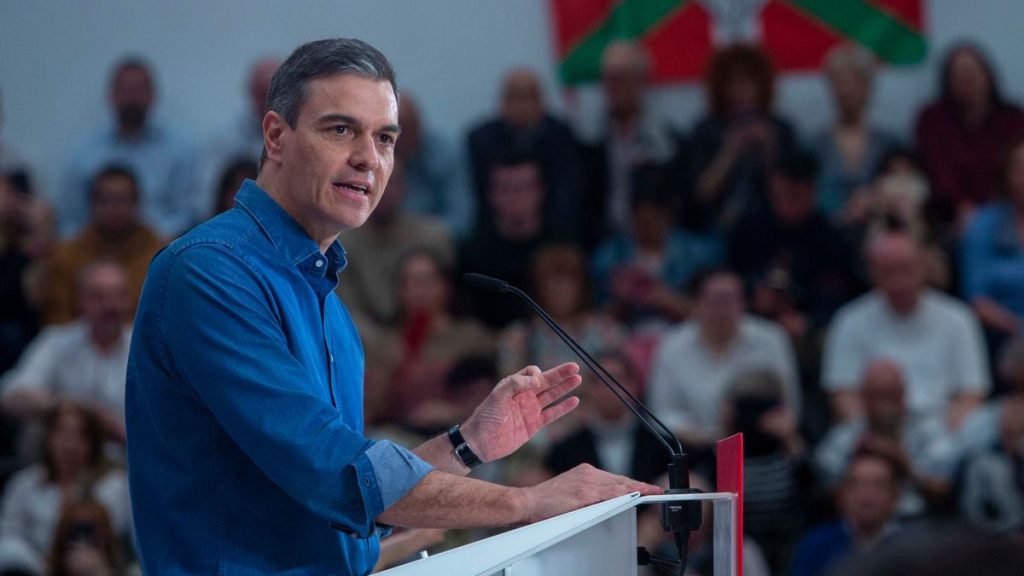Pedro Sánchez, the Prime Minister of Spain, has made it a priority to bring the recognition of Palestine as a state to the Council of Ministers. This issue, beyond its international dimension, has been placed on the national agenda by the president, pressuring the PP to take a stance. Sánchez and his team are convinced, with survey data in hand, that the Palestinian issue has a lot of support in Spain, not only among the left but also on the right, according to government sources. The leader of the PSOE is the European leader most clearly in favor of the recognition of Palestine and is trying to expedite the process and, above all, seeking maximum support from other EU allies. Sánchez recently signed a commitment in Brussels with three other countries (Malta, Slovenia and Ireland) and will be seeking more support from other European leaders in upcoming meetings.
Sánchez first expressed his commitment to recognizing Palestine in November during a trip to Israel, Palestine and Egypt. At the Rafah border, accompanied by De Croo, the president said that Spain would seek consensus with its European allies for recognizing Palestine, but if consensus was not achieved, Spain would act unilaterally. Since then, everything has progressed rapidly, and La Moncloa now considers the recognition to be imminent. Sánchez himself told journalists in an informal conversation that the step would be taken before summer. The president advocates for a two-state solution: with the recognition of Palestine by the West, all Arab countries should recognize Israel in return.
April is a crucial month as Malta, one of the four European countries that recently signed a commitment to recognizing Palestine, currently holds the presidency of the UN Security Council. In a coordinated move, Palestine has reactivated its request for recognition as a full-fledged state at the UN, and Malta will bring this issue to the Security Council. It is expected that the US will veto the decision, but a vote could still be forced in the General Assembly, which would likely be in favor of Palestine. This symbolic move would be useful in pressuring Israel and showing global support for Palestine, particularly in light of recent attacks by Benjamín Netanyahu in Gaza.
This voting process and support from other European leaders would provide Sánchez with more political leverage to announce the decision to recognize Palestine in the Council of Ministers. He would later explain this decision in the Congress, although a vote is not required as the decision lies with the government. Nonetheless, Sánchez is using this issue to pressure the PP, who do not have a clear position despite previously supporting the recognition of Palestine. The party prefers to focus on other topics and has been hesitant to address the issue, with former party leader José María Aznar even mocking the initiative.
The political implications of this issue are significant, especially as the recognition of Palestine could impact the upcoming European elections. The PSOE is aware of the discomfort the issue causes the PP and intends to capitalize on it. If the recognition occurs in April, it could influence the campaign for the European elections, in which the PP aims to regain ground against the PSOE and demonstrate the government’s wear and tear.


